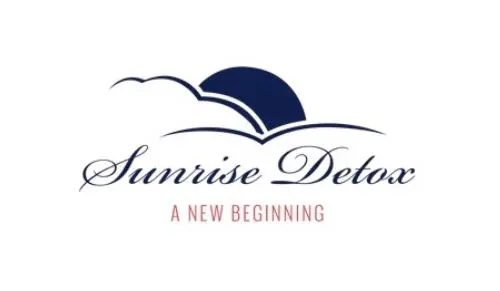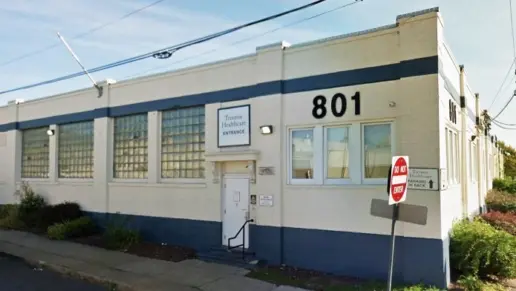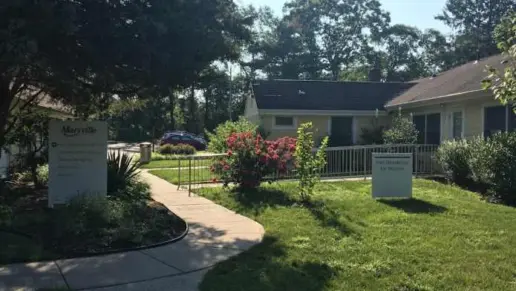About Robert Wood Johnson University Hospital Hamilton
RWJ University Hospital Hamilton provides behavioral health care and mental health treatment to men and women seeking support in the Hamilton Township, New Jersey area. They also offer care for children, adolescents, and seniors. If addiction is the primary diagnosis, clients may need to be referred to drug rehab treatment.
RWJ University Hospital Hamilton offers a wide variety of services. Their programs are offered on an outpatient basis.
Outpatient Treatment
The outpatient program helps individuals with mental health challenges, psychiatric emergency screening services, eating disorder treatment, and trauma treatment. They also offer dual diagnosis care and referrals as needed.
Insurance
RWJ University Hospital Hamilton accepts most insurance plans including Aetna, Blue Cross/Blue Shield, Beacon, Anthem, ComPsych, and Bright Health. It’s important to check with your insurance provider to verify your benefits, as many out of network insurance policies vary in coverage.
Rehab Score
Gallery
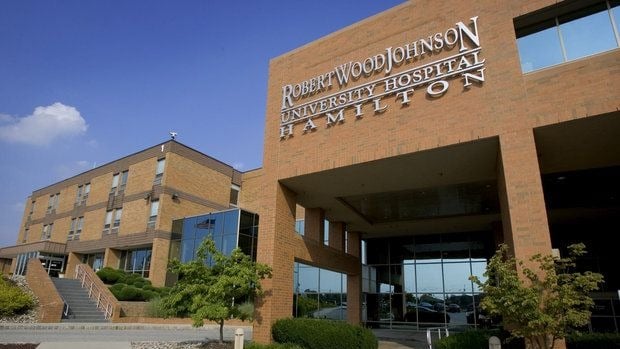
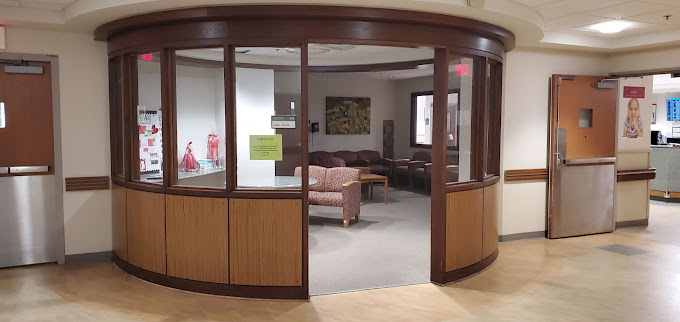
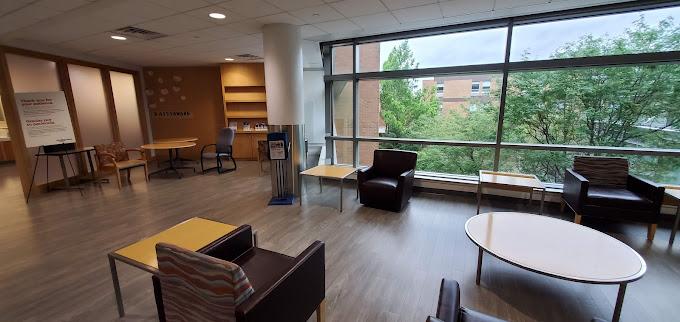
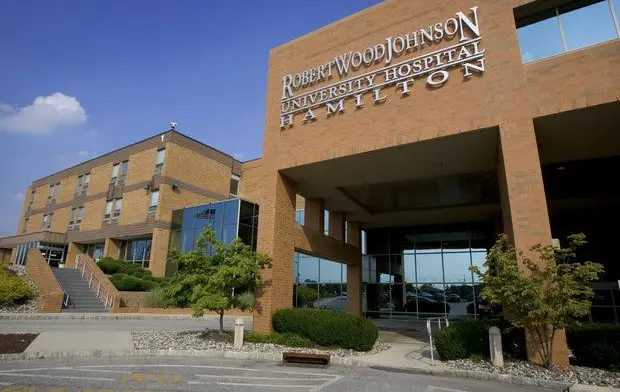
Location
Other Forms of Payment
Private insurance refers to any kind of healthcare coverage that isn't from the state or federal government. This includes individual and family plans offered by an employer or purchased from the Insurance Marketplace. Every plan will have different requirements and out of pocket costs so be sure to get the full details before you start treatment.
Self-pay involves paying for treatment out of your own pocket. You can use savings or credit, get a personal loan, or receive help from family and friends to fund your treatment. If you don't have insurance or your insurance plan doesn't cover a specific program, self-pay can help ensure you still get the care you need.
Financial aid can take many forms. Centers may have grants or scholarships available to clients who meet eligibility requirements. Programs that receive SAMHSA grants may have financial aid available for those who need treatment as well. Grants and scholarships can help you pai for treatment without having to repay.
Addiction Treatments
Levels of Care
Treatments
Mental health rehabs focus on helping individuals recover from mental illnesses like bipolar disorder, clinical depression, anxiety disorders, schizophrenia, and more. Mental health professionals at these facilities are trained to understand and treat mental health issues, both in individual and group settings.
Programs


Clinical Services
Group therapy is any therapeutic work that happens in a group (not one-on-one). There are a number of different group therapy modalities, including support groups, experiential therapy, psycho-education, and more. Group therapy involves treatment as well as processing interaction between group members.
In individual therapy, a patient meets one-on-one with a trained psychologist or counselor. Therapy is a pivotal part of effective substance abuse treatment, as it often covers root causes of addiction, including challenges faced by the patient in their social, family, and work/school life.
Research clearly demonstrates that recovery is far more successful and sustainable when loved ones like family members participate in rehab and substance abuse treatment. Genetic factors may be at play when it comes to drug and alcohol addiction, as well as mental health issues. Family dynamics often play a critical role in addiction triggers, and if properly educated, family members can be a strong source of support when it comes to rehabilitation.
Amenities
-
Private Setting
Staff

Chief Administrative Officer

Senior VP & CMO

VP of Operations

Chief Nursing Officer

Assistant VP, Support Services, Safety & Security
Contact Information
1 Hamilton Health Pl
Hamilton Township, NJ 08690
